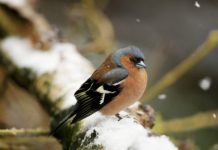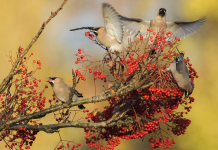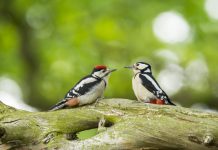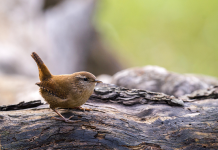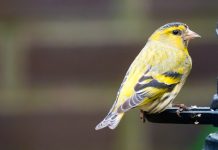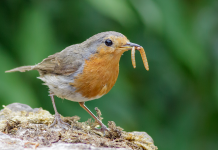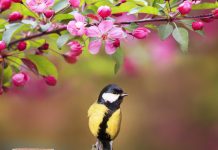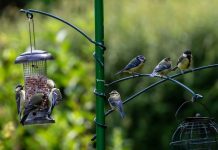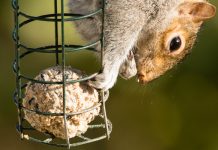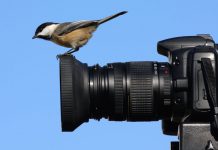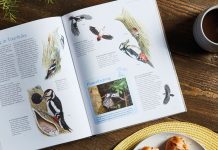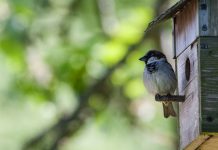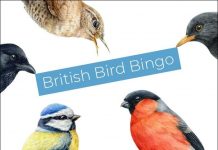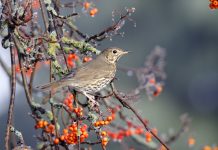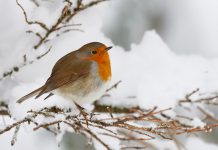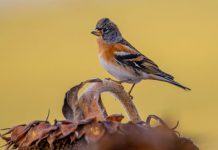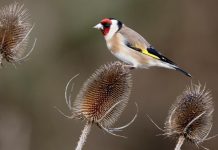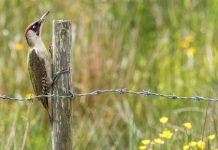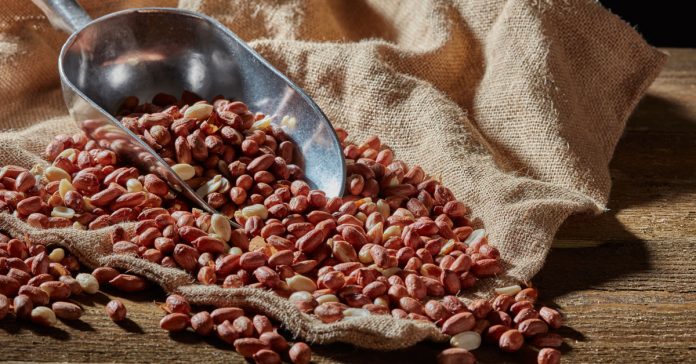Peanuts aren’t nuts, which is nuts! They are in fact legumes, and grow underground. If that doesn’t blow your mind, then perhaps we can enlighten you some more.
You see we think bird peanuts are taken for granted, so we thought we’d share the ins and outs of the UK’s favourite straight bird food!
So let’s start with the reason why you won’t see bird nuts in a bowl at a party…
1. Are bird nuts safe for humans to eat?
There must be a reason that we label some nuts as “bird nuts” while some come in little packs behind the bar of a pub? In basic terms the difference is down to the process before they are packaged.
Sanitation, handling and storage standards for animal feeds vary to that of products designed for humans. This doesn’t necessarily mean that the standards are more slack. In addition, there is less focus on the aesthetic value of peanuts for birds, and of course, you won’t see any salting or honey roasting taking place!
However, though we would suggest sticking to the local supermarket to get your peanuts, it is doubtful that anything bad would happen if you did decide to dine with the blue tits and sparrows. Especially as bird nuts should always be aflatoxin tested.
2. What is aflatoxin?
Aflatoxin is a toxic compound, which occurs in many types of mould. This compound can cause damage to humans, but can be fatal in birds, severely damaging their livers and immune systems. Several years ago many bird food sellers stopped selling peanuts as it was discovered these nasty toxins had entered the supply stream.
Nowadays, it is easy to find aflatoxin tested peanuts, which are perfectly safe for many different types of bird. Provided that is, you use a feeder.
3. Why should I use a feeder?
Whole nuts can be a serious choking hazard for birds, which is why we always suggest use a peanut feeder. There are many different types of bird feeder, but these are perhaps the mainstay of the garden.
Their mesh like design makes it near impossible for birds to get whole nuts, and that means less choking.
Peanut splits can be used on other types of feeders, as they are already broken down and much easier for birds to eat. They are particular good for young fledglings.
4. Are there any birds that can eat nuts without a feeder?
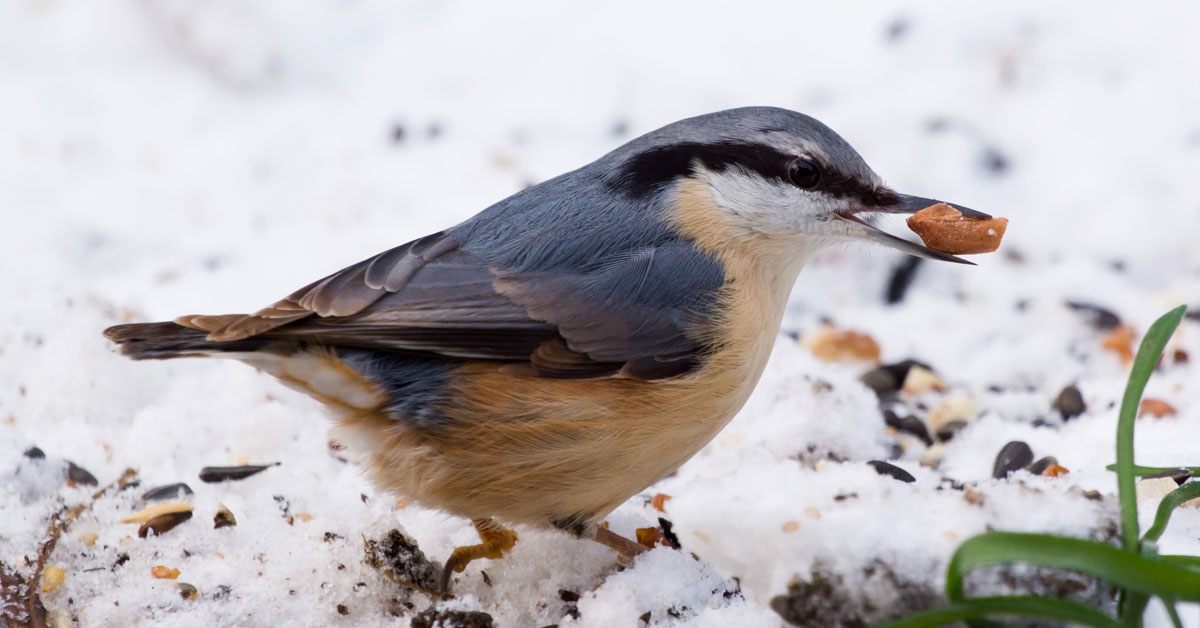
Image source: Thinkstock
Perhaps unsurprisingly, if there was ever going to be one bird that can eat nuts “au natural” it would be the nuthatch. This gorgeous bird, is rather clever, and will not only create caches of nuts for later, but is also able to break nuts using its bill. Still, the likelihood of you having a “nuthatch only” garden is pretty slim, so hang up those feeders!
5. What birds eat peanuts?
It’s actually sometimes easier to list the birds that don’t eat nuts. Small finches may be absent from feeders, though that isn’t to say small birds will stay away completely. Wrens and many tits will come for a nibble, as long as they can beat off competition from house sparrows, who are actually known to kick smaller birds off peanut feeders.
6. Why do birds like peanuts?
Peanuts are around 45% fat, and 24% protein. That is a perfect mix of macronutrients for birds. That’s lots of energy for cold days and lots of protein to keep them strong. Peanuts are also good for birds that like to create caches of food, such as nuthatches or crows.
7. What can I give as an alternative if I have an allergy to nuts?
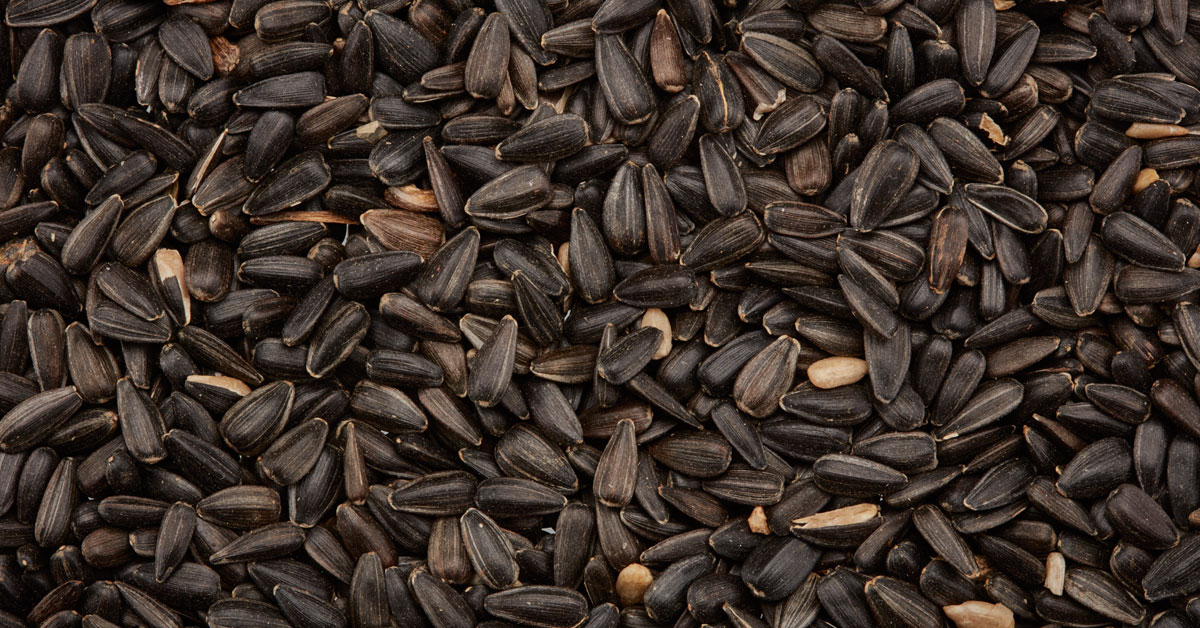
The most like for like replacement is black sunflower seeds. They too have a similar makeup. A single seed features 28% fat and 15% protein. The shells, which make for excellent compost, are nice and thin, which makes it easy for birds to crack.
Before you go…
If you find that squirrels eat their way through your feeders, and make a beeline for the nuts, then get yourself a squirrel proof bird feeder!


